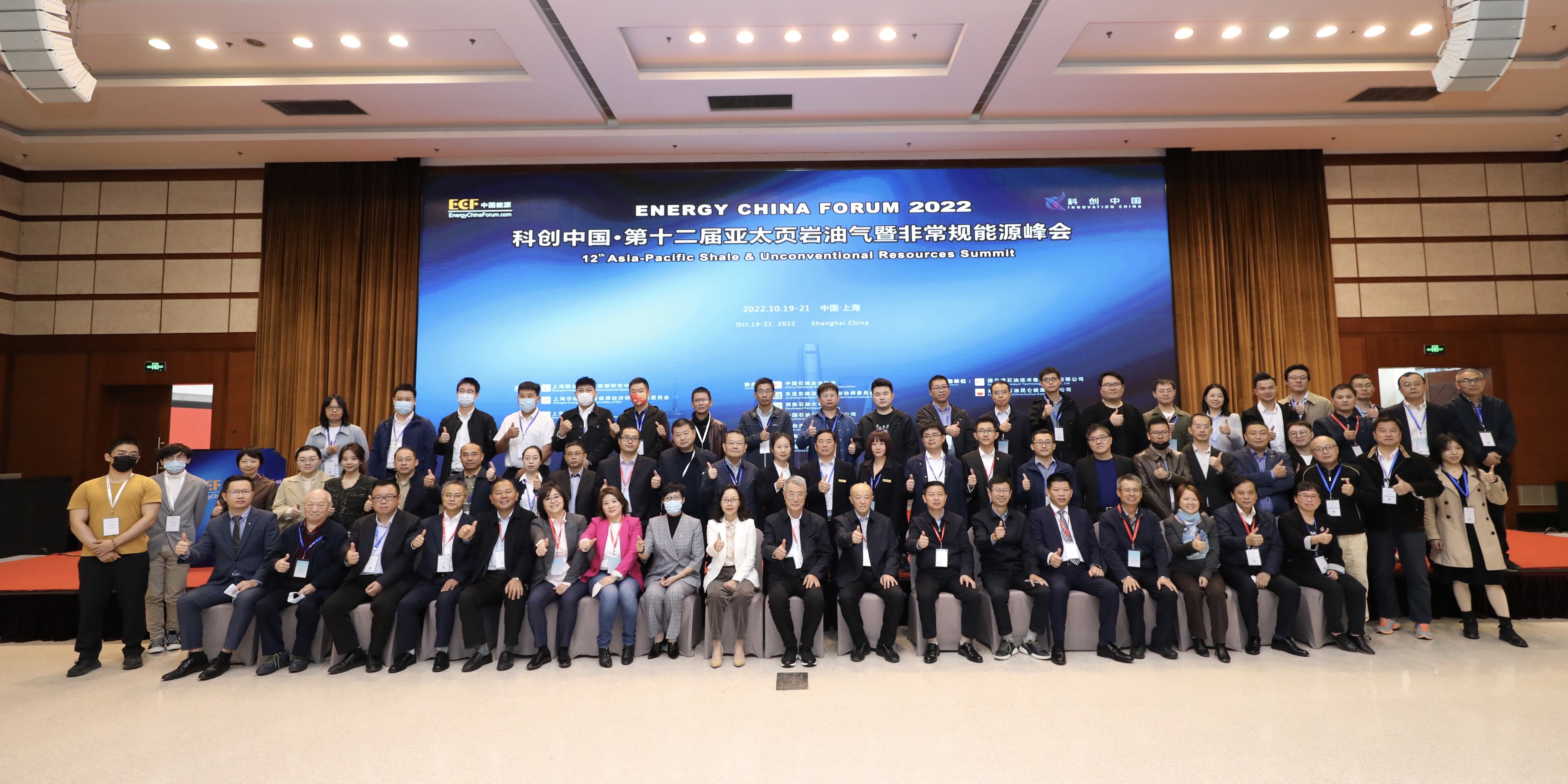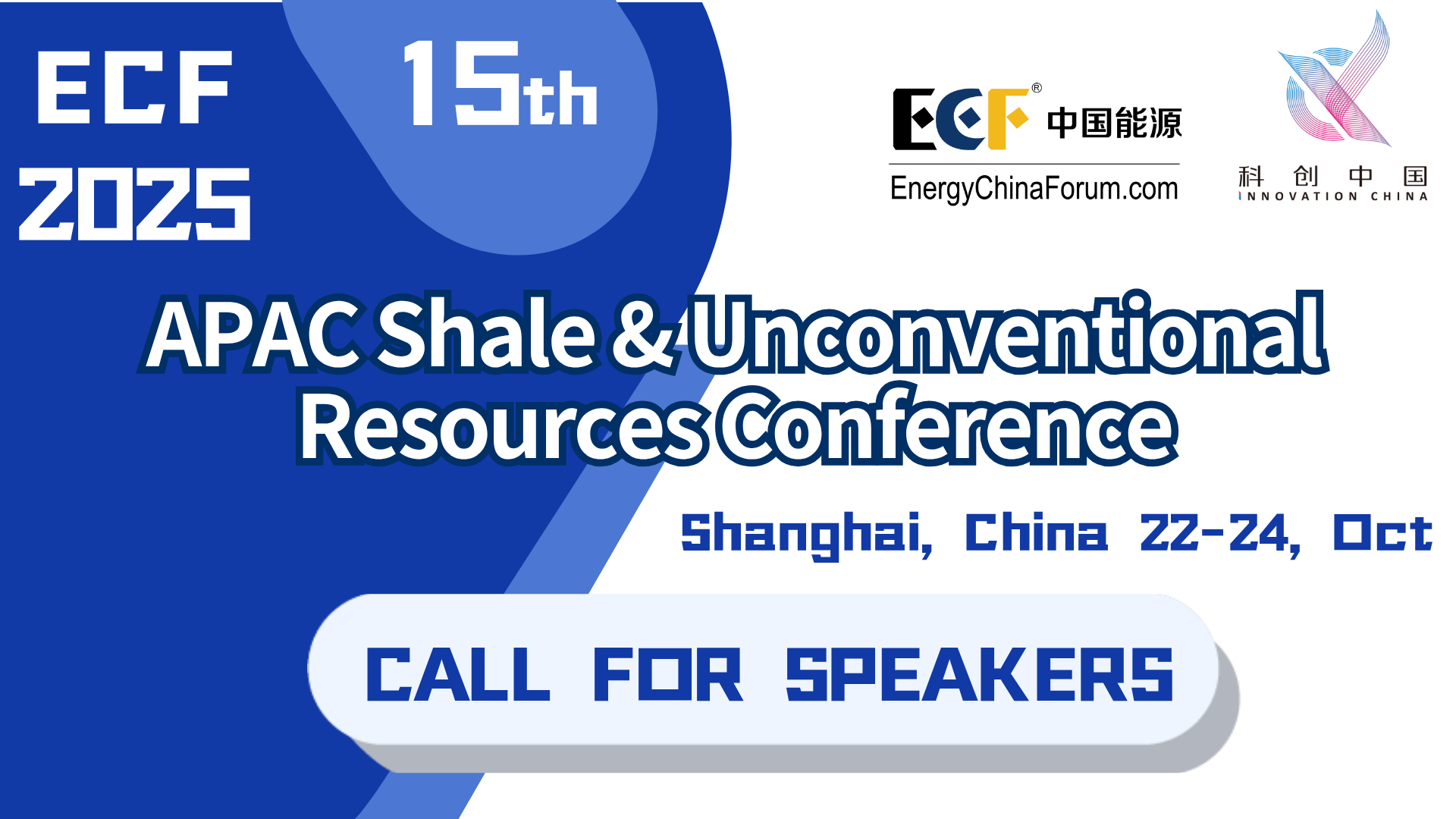Sinopec Establishes Shanxi CBM Company| ECF Weekly
Log in or register to continue reading this article,Log in
Disclaimer: The above content was edited by Energy China Forum (www.energychinaforum.com), please contact ECF before reproduce.
Related News




